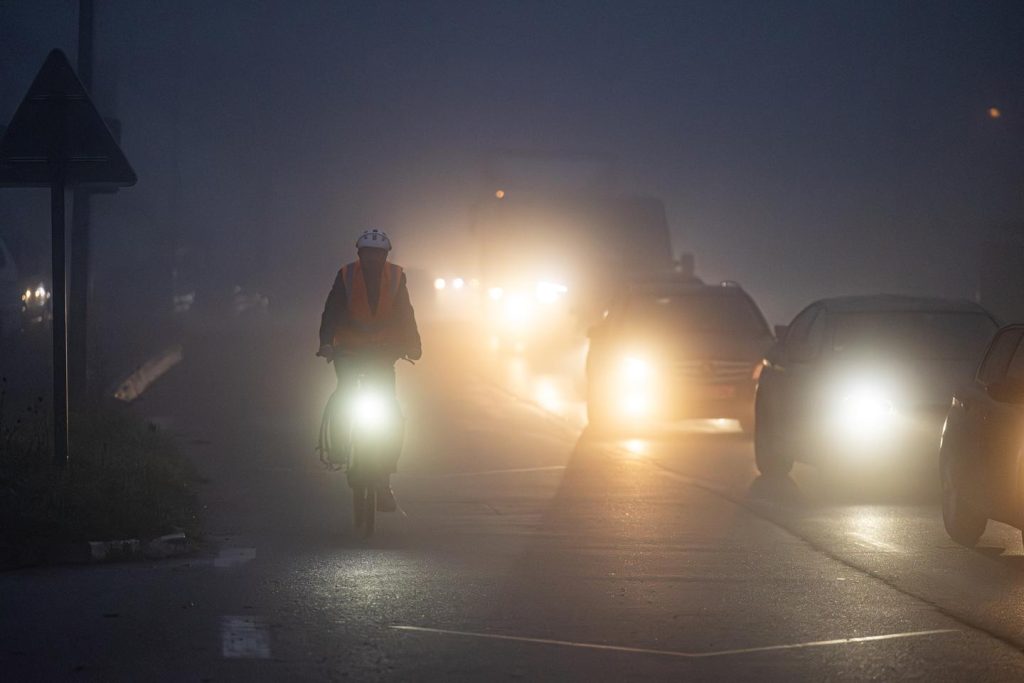In Paris, the perception of the city as dangerous and complex has deep historical roots. Geographer Béatrice Giblin, who is used to dialoguing in working-class areas in the North of France, has encountered conversations where people pity her for living in the capital due to the perceived high levels of insecurity. From the time of the Ancien Régime to Vichy, Paris has been depicted as a frightening place with barricades and concentrated wealth. This image of a city of dangers is compounded by the idea of a complex city that can be disorienting. These vague threats are often overlaid with generalized stereotypes about the suburbs and immigrants perpetuated by the media.
The old divisions between rural and urban areas continue to be at the center of current far-right discourse and its foothold in rural zones. The supposed “real France” of rural areas is contrasted with the unproductive urban bourgeoisie and the “paper French” inhabitants of the suburbs. Politicians like Louis Aliot and Marine Le Pen have stoked these divisions, criticizing the perceived excessive public funds flowing into disadvantaged neighborhoods. They often pit those who protest against those who supposedly do not complain. This rhetoric serves to reinforce a simplistic view that masks the underlying social issues affecting these communities.
The National Rally (RN) party often contrasts three somewhat idealized geographic spaces: the forgotten rural and peri-urban France, the supposedly favored large cities, and the so-called “non-France” territories of suburbs and peripheral neighborhoods. This presentation aims to erase social divisions and impose an analysis based on the origins of residents of different areas. By focusing on these territorial distinctions, the social question is obscured. The popularity of terms like “rural areas” and “territories” reflects a trend towards emphasizing the local, which, according to Béatrice Giblin, limits citizens’ ability to grasp the complexity of modern society.
The success of the RN’s rhetoric reveals a dangerous trend towards oversimplification and the framing of social issues through a territorial lens. By emphasizing the “rural” and “territorial” aspects of society, the discourse ignores the nuanced realities of modern life. It fails to account for the fact that many rural residents come from urban areas, not all rural areas are in decline, and a significant portion of the population lives in suburbs. This narrative also overlooks the fact that living in peri-urban areas is not necessarily less desirable than urban or rural living. By subscribing to this narrative, individuals are prevented from critically examining and understanding the complexities of contemporary social issues.


